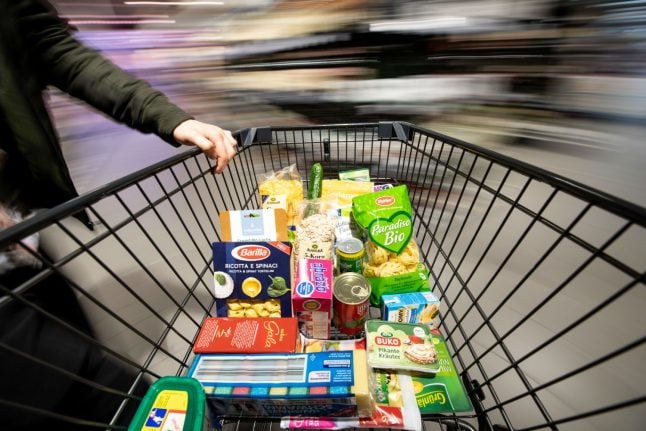The move will create a total of 5,000 jobs, the firm said. Longer-term it wants to have 1,200 UK-wide supermarkets by the end of 2025, up from 840 currently, it added in a results statement.
Over the next six years, it plans to also more than double its London sites to 100 from 45.
The decision comes as other German firms have announced uncertainty over their UK operations or their trade relationship with the UK with Brexit looming.
READ ALSO: German business warns of Brexit 'chaos'
Recent figures from July showed trade between Germany and the UK had already shrunk significantly this year.
The German Chamber of Industry and Commerce estimates that 70 percent of German companies with business in Britain expected trade to drop in 2019.
Meanwhile, German luxury car manufacturer BMW revealed it will temporarily close its British plant in Oxford for two days around the current scheduled date for Brexit.
'Focus on London'
However, German discount supermarkets are bucking the trend and growing their businesses in the UK, despite drops in profit.
“Whilst our expansion will continue to reach every part of the UK, we're increasing our focus on London,” said Giles Hurley, chief executive at Aldi UK and Ireland.
The news comes three months after Aldi's German rival Lidl revealed it also seeks to bolster its London presence with 40 new stores creating 1,500 jobs over five years.
Both German discount chains have boomed in recent years as Britons seek to slash their food bills, eating into profits at traditional supermarkets like number one Tesco and WalMart-owned Asda.
Aldi's UK division revealed on Monday that pre-tax profit sank almost one-fifth last year to £182.2 million (€206 million) on price cuts.
The group was hurt also by higher infrastructure costs, offset however by annual sales surging 11 percent to a record £11.3 billion.



 Please whitelist us to continue reading.
Please whitelist us to continue reading.
Member comments